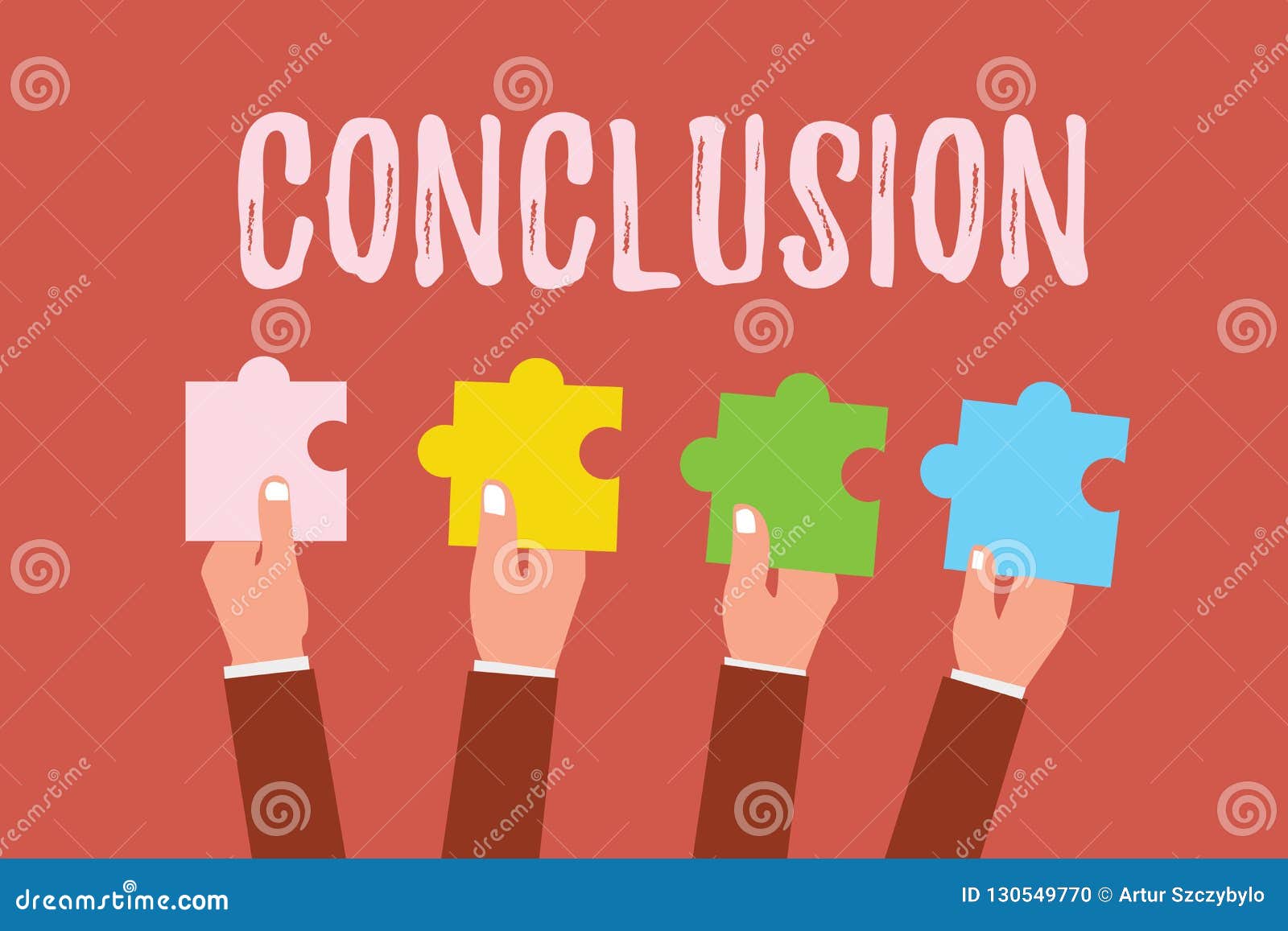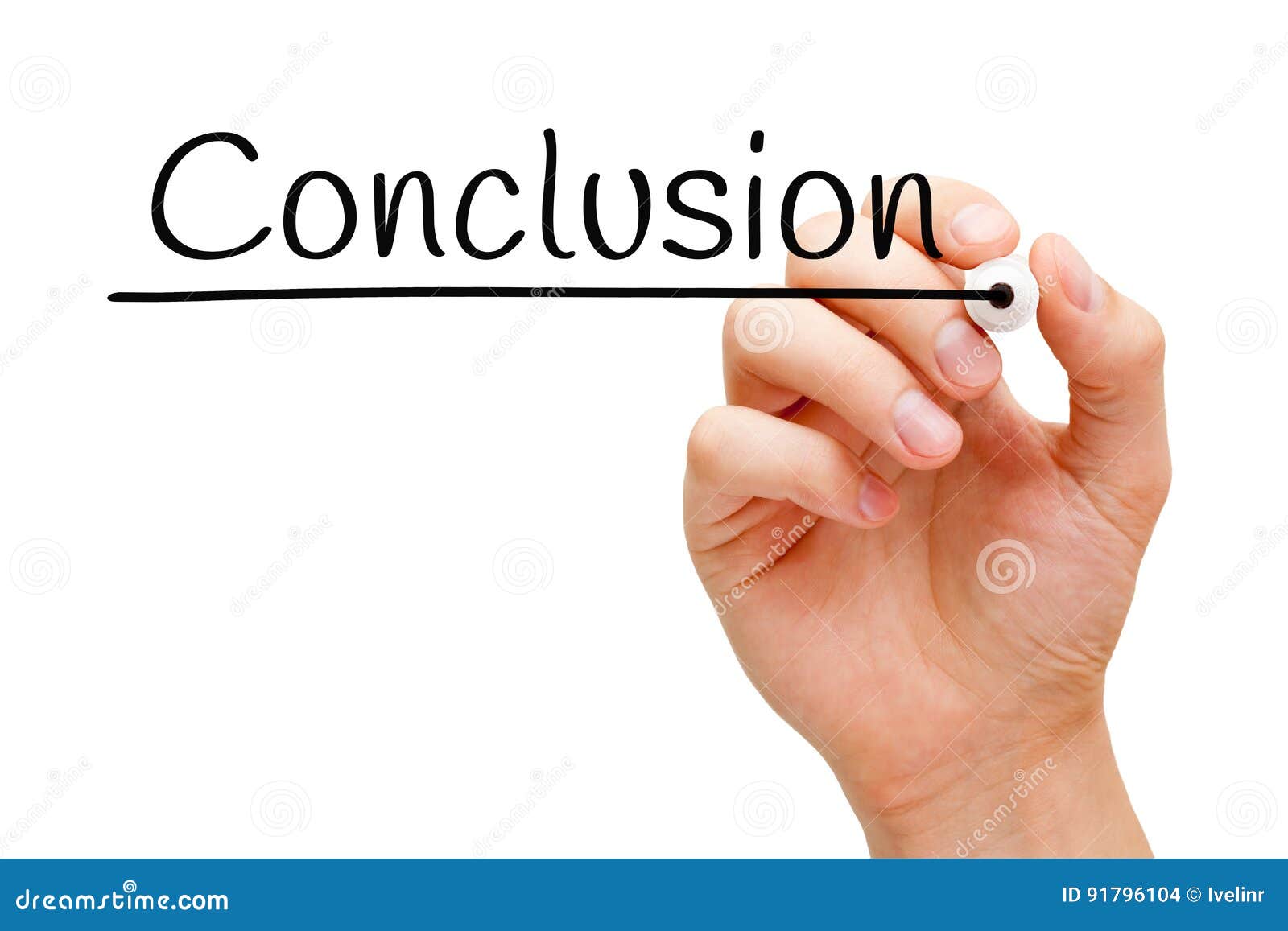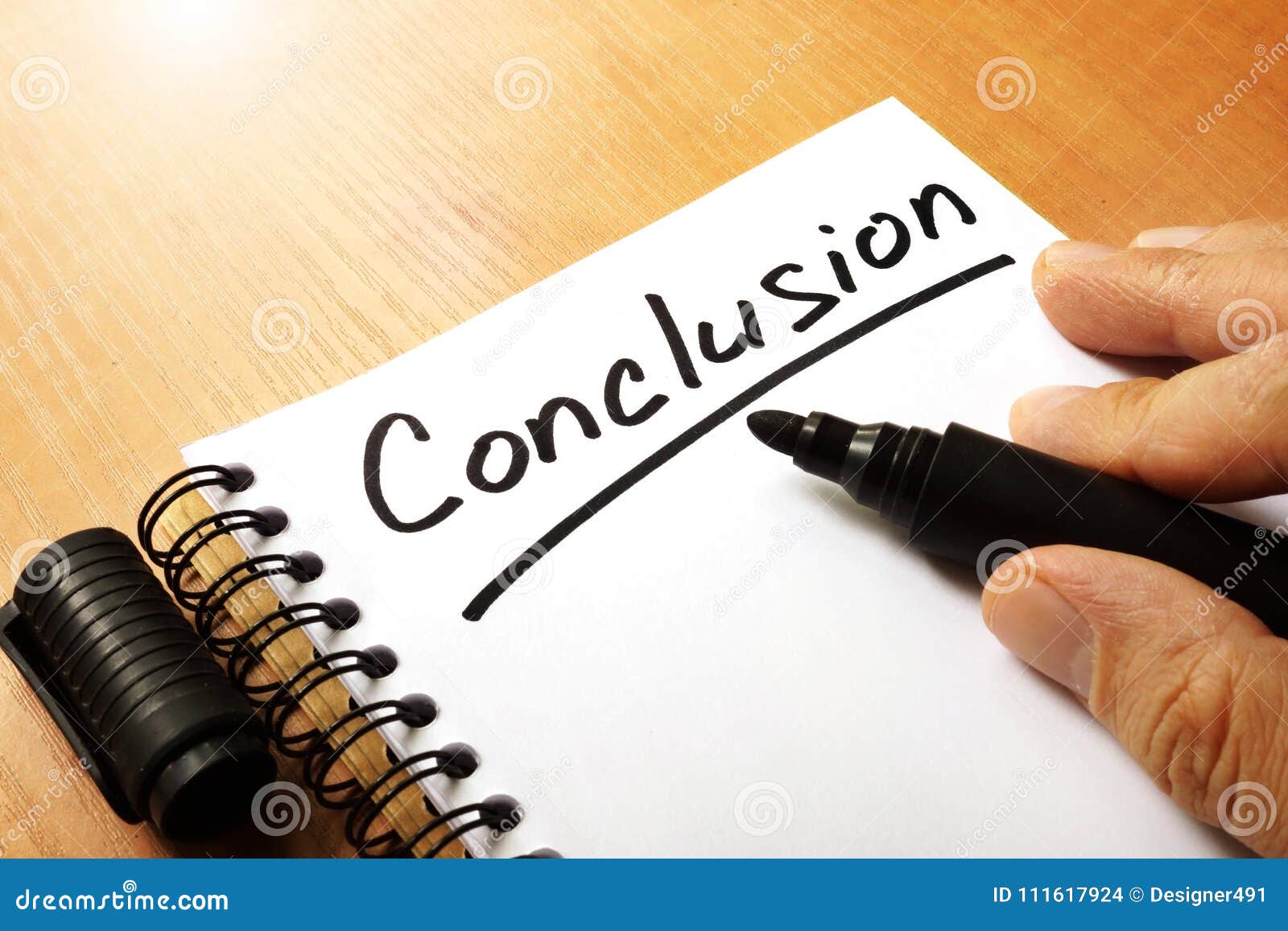How In Conclusion Transition Words Shape Your Final Thoughts
Have you ever finished writing something and felt like your ending just… fizzled out? It happens, you know, to a lot of people. You pour your heart into an essay, a report, or even just an email, and then when it comes time to wrap it up, you find yourself stuck. It's almost like you’ve run out of steam right at the finish line, which, frankly, can be a bit frustrating for anyone who writes.
That feeling of not quite sticking the landing is pretty common, actually. The way you end your writing really does matter a great deal. A good ending helps your ideas settle in the reader's mind, making your whole piece feel complete and polished. It’s about leaving a good, lasting impression, you see, so your words stay with them long after they finish reading.
This is where `in conclusion transition words` come into play, and they are quite helpful, I think. These special phrases are like little signposts. They tell your reader that you are about to bring everything together, signaling that the end is near and it's time to consolidate the main ideas. They help you smoothly shift from discussing details to delivering your final, reasoned judgment, which is, you know, what a conclusion is all about.
Table of Contents
- Understanding the Point of a Conclusion
- Why In Conclusion Transition Words Matter
- Finding the Right Words: Beyond the Usual
- Making Your Conclusion Strong
- Practical Tips for Using Transition Words
- Frequently Asked Questions
Understanding the Point of a Conclusion
A conclusion, at its heart, is a reasoned judgment, you know. It's where you bring your arguments and ideas to a clear, sensible close. As "My text" points out, a conclusion helps you summarize your content and leave a lasting impression, which is, quite honestly, a big deal for any piece of writing. You're not just stopping; you're finishing with purpose.
When you write a conclusion, you are, in a way, reminding your readers why your argument or your main idea is important. You can bring them back to the stakes you mentioned earlier, showing them the real-world importance of what you have been discussing. This helps them connect with your message on a deeper level, something that really makes your writing stand out, I think.
Good conclusions, it turns out, really do pave the way for a perfect paper ending. They help you get the grade on a project, an essay, or a paper, as "My text" suggests. They explain the functions of conclusions, offer strategies for writing good ones, and even help you look at what you have written to make it better. It's about crafting a final thought that feels complete, you know.
Why In Conclusion Transition Words Matter
Think of `in conclusion transition words` as the conductors of your written piece, you know. They guide your reader smoothly from the main body of your work to its final thoughts. Without them, your writing might feel a bit abrupt, like a sudden stop rather than a gentle slowdown. They help maintain a good flow, which is pretty important for readability.
"My text" mentions a list of 31 transition words for conclusions with example sentences, and they are really helpful for anyone trying to master their writing. These words and phrases act like bridges, connecting your final summary to the rest of your content. They signal to the reader, quite clearly, that you are about to wrap things up, so they should prepare for the final takeaway.
Using these words correctly shows that you have a good grasp of how to structure your thoughts. It makes your writing appear more polished and professional, too. It’s about creating a clear path for your reader, ensuring they don't get lost or confused as you bring your ideas to a close. A strong ending, after all, leaves a strong impression, which is, you know, what we all want.
Finding the Right Words: Beyond the Usual
While "in conclusion" is a perfectly fine phrase, using it repeatedly can make your writing feel a bit repetitive, don't you think? Luckily, there are many other ways to signal that you are about to finish. "My text" even talks about a list of 30 useful synonyms for "in conclusion," which you can use to add variety and flair to your daily writing. It's good to have options, you see.
Choosing the right transition word or phrase really depends on the tone and purpose of your writing. Are you summarizing? Are you offering a final thought? Are you making a recommendation? Each purpose might call for a slightly different phrase. It’s about being precise with your language, which, you know, always helps your message come across clearly.
Common and Effective Choices
There are some very common `in conclusion transition words` that work well in most situations. These are your reliable go-to options, you know, the ones that readers instantly recognize as a signal that the end is near. They are clear and direct, which is often what you need when you are wrapping things up. Here are a few examples that are pretty widely used:
- To summarize: This one is quite straightforward, telling your reader you are about to give a brief overview of your main points. For instance, "To summarize, walking is a cheap, safe, enjoyable, and readily available form of exercise," as "My text" gives an example.
- In summary: Quite similar to "to summarize," this phrase also introduces a concise restatement of your key ideas. It helps gather all your thoughts into one neat package, basically.
- To conclude: A simple and direct way to say you are reaching the end of your discussion. It's pretty clear, I think, and gets the job done without fuss.
- In short: This phrase works well when you want to condense your main points into a very brief statement. It suggests you are giving the gist of everything you have said, which is often helpful.
- Overall: This indicates that you are providing a general overview or a broad takeaway from your discussion. It's a good way to give a final, big-picture thought, you know.
Less Common but Impactful Options
Sometimes, you might want to use something a little less common to make your conclusion stand out. These phrases can add a bit more sophistication or a specific nuance to your ending. They can help you avoid sounding too repetitive, especially if you write a lot, which is, you know, a good thing. Using a variety of these can really make your writing more interesting.
- Ultimately: This suggests a final, fundamental point or outcome. It implies that after considering everything, this is the most important thing to remember.
- Therefore: This word is great for showing a logical consequence or deduction. It means "for that reason" or "because of that," leading directly to your final thought.
- Thus: Similar to "therefore," "thus" also indicates a result or consequence. It often feels a bit more formal, perhaps, but it's still very effective in showing a logical progression.
- Hence: This word means "from this time" or "for this reason," pointing to a conclusion drawn from previous statements. It can add a sense of finality to your argument, you see.
- Consequently: This word shows a cause-and-effect relationship, indicating that your conclusion is a direct result of what you have discussed. It's pretty strong for showing how things connect.
Synonyms for a Fresh Feel
"My text" specifically mentions a list of 30 useful synonyms for "in conclusion," which is, frankly, a treasure trove for writers looking for variety. These alternatives can help you keep your writing fresh and engaging, ensuring your readers don't get bored by seeing the same phrase over and over again. It’s about choosing words that feel just right for your message.
- To sum up: This is a friendly, conversational way to introduce your summary. It feels a bit less formal than "to summarize," which is good for many types of writing.
- All things considered: This phrase suggests that you have taken everything into account before arriving at your final point. It implies a thoughtful, well-rounded perspective, you know.
- In essence: This means you are getting to the fundamental, core idea of your discussion. It's good for stripping away the details and getting to the heart of the matter.
- Finally: This word signals that you are presenting the last point or the last piece of information. It's a clear indicator that your discussion is coming to a close.
- To recap: This is a bit more informal, suggesting you are quickly reviewing the main points. It's often used when you want to quickly remind someone of what was said.
There are many more, of course, and you can explore a comprehensive list of synonyms for "in conclusion" to really broaden your vocabulary. You can learn more about synonyms for "in conclusion" from a good thesaurus, for example.
Making Your Conclusion Strong
Beyond just picking the right `in conclusion transition words`, making your conclusion strong involves a few other important steps, you know. "My text" talks about how Grammarly’s AI conclusion generator helps create clear, impactful conclusions that summarize content and leave a lasting impression. This means it's not just about the words you use to start, but what you say afterward.
A good conclusion will always tie back to your main points without simply repeating them word for word. It should offer a fresh perspective or a final thought that resonates with the reader. You can, for instance, remind them of the initial problem you discussed or the question you set out to answer, bringing everything full circle, which is a pretty satisfying feeling for a reader.
You can also draft a few sentences that put those stakes into a clear light, as "My text" suggests. This means showing the reader the bigger picture or the real-world implications of your argument. It helps your conclusion feel meaningful and relevant, not just like a formality. It's about giving your readers something to think about, really.
Practical Tips for Using Transition Words
When you are actually writing, choosing your `in conclusion transition words` carefully can make a big difference. One good tip is to read your draft aloud, you know. Sometimes, hearing your own words helps you spot where a transition feels clunky or where a different phrase might fit better. It's a simple trick that can be quite effective, honestly.
Another helpful idea is to consider your audience. Are you writing for an academic paper, a casual blog post, or a business report? The tone of your conclusion, and thus your transition words, should match. A formal paper might use "therefore," while a blog post might prefer "to sum up." It's about fitting your style to the situation, which is, I think, very important.
Also, try not to overuse any single transition word. Even the best phrases can lose their impact if they appear too often. Varying your choices keeps your writing interesting and shows a broader vocabulary. You can, for example, check out other useful lists, like common sentence starters, to see how different phrases can begin sentences and paragraphs, not just conclusions. You can learn more about writing effectively on our site, and also explore tips on improving your sentence structure for even better flow.
Remember, the goal is always to guide your reader smoothly to the end of your thoughts. A well-chosen `in conclusion transition word` acts like a gentle hand, leading them to your final, lasting impression. As of October 26, 2023, writers are still looking for ways to make their conclusions stronger, so these words remain as relevant as ever, you know.
Frequently Asked Questions
What are some good transition words for a conclusion?
There are many good options, actually, depending on what you want to say. Some common and useful ones include "to summarize," "in summary," "to conclude," "overall," and "in short." For a bit more impact, you could consider "ultimately," "therefore," or "thus." It really just depends on the specific context of your writing, you know.
What is a good way to start a conclusion without saying in conclusion?
You have lots of choices if you want to avoid "in conclusion." You could try phrases like "to sum up," "all things considered," "in essence," "finally," or "to recap." The key is to pick a phrase that naturally fits the flow and tone of your writing, making it feel like a natural end, you see.
How do you write a strong conclusion?
To write a strong conclusion, you should first use a good `in conclusion transition word` to signal the end. Then, you need to summarize your main points without just repeating them. Remind your reader why your argument matters, perhaps by bringing them back to the stakes you mentioned earlier. It’s about leaving a clear, lasting impression that makes your whole piece feel complete, which is, you know, the main goal.

Writing Note Showing Conclusion. Business Photo Showcasing Results

Conclusion Hand Black Marker Stock Photo - Image of message, conclude

Hand is Writing Conclusion on a Note. Stock Photo - Image of concept